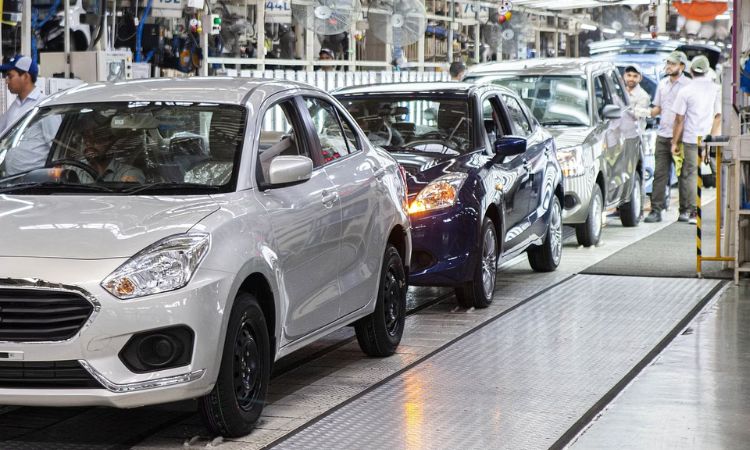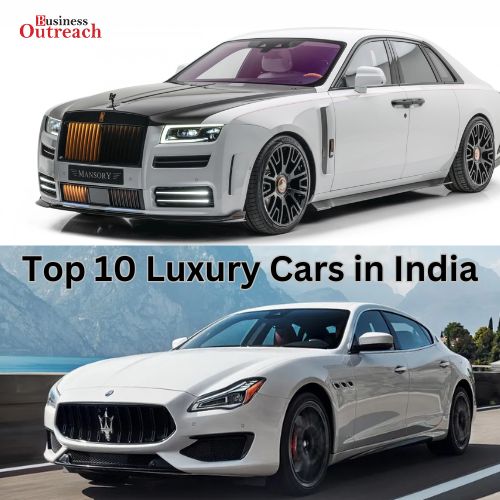Sales of two-wheelers, three-wheelers, passenger cars, and commercial vehicles increased as a result of the wedding season and expected changes to FAME subsidies that are due to take effect in June. According to the Federation of Automobile Dealers Associations’ (FADA) most recent figures, India’s Retail Vehicle Sales Increased By 10% YoY In May.

The data shows that several categories contributed to the rise. For instance, although the increase of two-wheelers (2W) and three-wheelers (3W) was 9% and 79%, respectively, the growth of passenger vehicles (PV) and commercial vehicles (CV) was 4% and 7%, respectively.
A strong 10% YoY rise across all vehicle categories has been seen in April, which is good for the auto retail sector. The 2W, 3W, PV, Tractor, and CV categories have recovered, with growth rates of 9%, 79%, 4%, 10%, and 7%, respectively. Manish Raj Singhania, president of FADA, noted that despite a little 2% decline from pre-Covid levels, the overall retail statistics had improved.
Electric Vehicles (EVs) made significant progress this month, accounting for 8% of all retail vehicle sales. This was helped by an increase in the sales of electric two- and three-wheel vehicles, which together accounted for 7% and 56% of their respective total sales, respectively. With contributions of 0.5% and 2.5%, respectively, the CV and PV categories also made an impression on the EV scene, Singhania continued.
According to FADA (Federation of Automobile Dealers Associations), the 2W, CV, and PV divisions of the auto retail industry, all confront unique issues. Seasonal considerations might increase demand for 2W, but ongoing issues with inventories, regulatory standards, and weather-related walk-in decreases are still a worry. Although the CV sector expects increased vehicle supply, worries regarding RDE requirements and seasonal influences might have an impact on sales. The PV industry anticipates rising demand, particularly for new models, small and large SUVs, and electric vehicles, but inventory pressure and difficulty finding the proper models might provide problems.
The Monetary Policy Committee of the RBI expects interest rates to stay the same, which might bolster demand for vehicles and increase car sales. However, problems with the supply chain, dynamics of supply and demand, and legislative changes all have an impact on how the auto retail market will develop, according to FADA.















